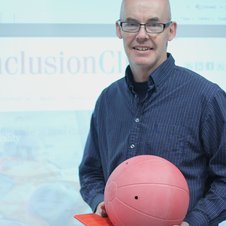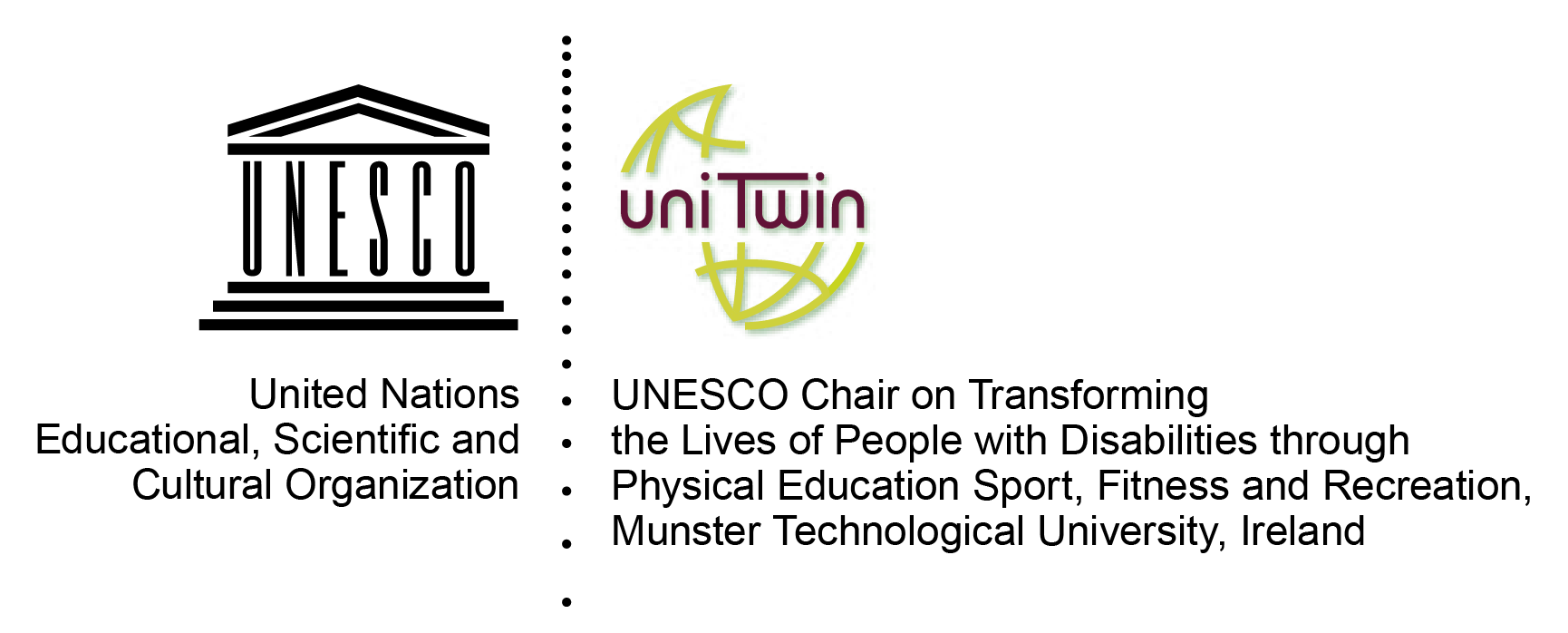Like many of my colleagues in the field of sport, physical activity and disability I’ve fought a long and sometimes fruitless battle against practices based on medical model assumptions. I’ve examined ways of teaching social model perspectives. I’ve spent thousands of hours in workshops and at seminars exploring models of good practice – ones based on a social model. On the whole, I’d say people in sport generally ‘get it’. They understand that some people are restricted by their environment – by how activities are taught; by where activities take place; by the equipment that is used; by the rules that are engaged.
Yet, I still work with sports organisations who want to know about disability. They want to know about impairment. Partly, for insurance and duty of care reasons. Partly, to have a basic understanding of their membership. Mostly, because of fear! Fear of not knowing how to act and what to say. And fear of litigation.
But how do we answer their questions about disability without betraying our social model beliefs? This dilemma is at the core of the Washington Questions.
Maybe we are asking the wrong questions to the wrong people. Should we ask ‘do you wear glasses?’ Or should we ask ‘what are the visual requirements of the activities in your sport?’ Should we ask ‘do you have difficulty climbing steps’ or perhaps ‘which activities in your sport require climbing steps?’. Knowledge of the impairment condition is, in itself, practically useless to sport when it’s invariably out of context. Metaphorically speaking, it’s like a football club asking members if they need support in water?
There’s no doubt that the Washington Questions are a step forward in helping to gather relevant data. Data that could potentially help inform how sport can be more inclusive and relevant to its community. But it’s practical application will rely on making it contextually relevant. Contextually relevant to the right people.
The end result may be a bespoke tool that used not ‘on’ people with disability but used ‘for’ people with disability. Because it should help identify where sport and activity environments are falling short. Only then will organisations stop fixating about disability and impairment and stop asking the wrong questions.

Peter Downs
Director – The Inclusion Club
Manager – Play by the Rules
Peter Downs has worked in the field of sport, physical activity and disability for nearly 30 years and presented at many national and international conferences on inclusion and diversity issues in sport.
